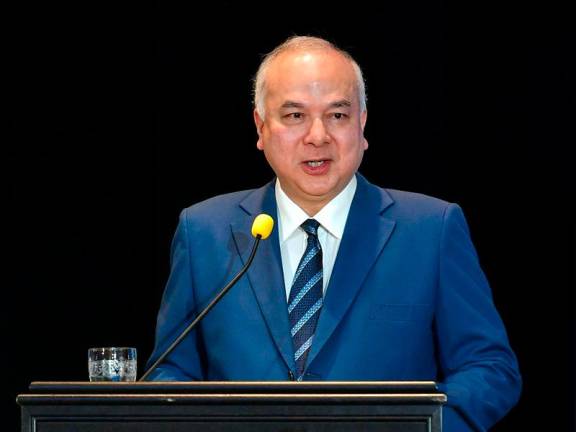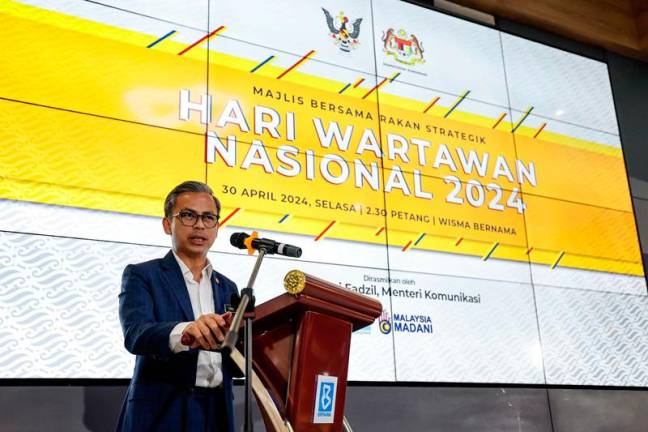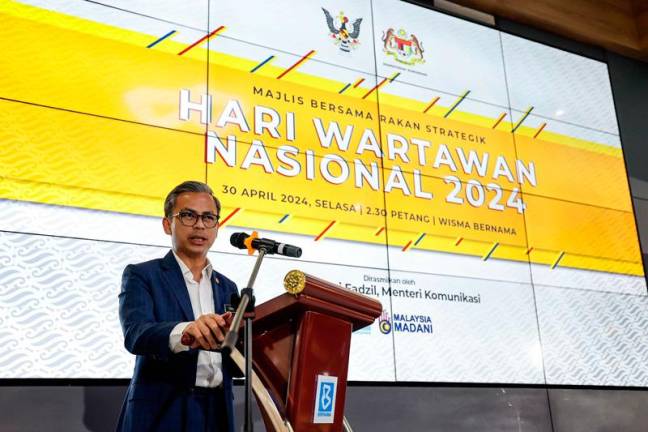KUALA LUMPUR: The Inland Revenue Board (IRB) is banking on the transition to e-invoicing to set new yearly revenue records, said its CEO Datuk Mohd Nizom Sairi.
He said that e-invoicing in Malaysia is expected to have a positive impact on the landscape of tax audits and investigations in the country, as the new system encourages transparency and improves overall financial accuracy.
“E-invoicing will definitely help (increase collection rate), based on the experience of those countries that have implemented it. In the first few years too ... mainly due to the fact that a lot of activities that are under the radar will be forced to operate above board.
“Like the shadow economy and the cash economy, the opportunity to not record some transactions will also be addressed. This aspect will be taken away. (And) From now on we hope to break records every year,” he told reporters at a dialogue session on “Budget 2024 – Budget Highlights and Recent Tax Developments” by Grant Thornton.
This year, he said IRB is confident that gross revenue collection will reach the record-high target of RM185 billion, surpassing last year’s record of RM175 billion, on the back of a smooth transition to e-invoicing.
Earlier this year, tax collection exhibited a positive trend, with daily collections showing a 20% increase.
However, in the first quarter, GDP growth was at 5.7%, while the second quarter witnessed a notable drop to 2.9%, which had an impact on revenue collection.
He said that it’s important to note that revenue collection is influenced by these economic fluctuations.
Additionally, another contributing factor was the spillover of the Prosperity Tax, a part of the Prosperity Tax was due in January as the final installment.
“The current trend aligns more with the present economic environment. While it’s not at the 20% rate, we maintain confidence in achieving the revised target of RM185 billion in gross collection, as announced by the prime minister in the previous budget,” said Mohd Nizom.
Starting from Aug 1, 2024 (a deferment of two months from the previous date of June 1, 2024), large taxpayers whose turnover will exceed RM100 million are mandatorily required to use e-invoices and gradually, every taxpayer undertaking commercial activities in Malaysia will be in the system by 2027.
“We are always in contact with the industry. And if the amount of time that is needed, more is needed for the preparation, we certainly did not force it. But now we are not talking about extending it anymore. Because we are sure that it can be achieved,” he said.
He also mentioned that when preparing the e-invoice now, in the future should there be a re-introduction of GST or other changes, there will be minimal actions as the system is designed to accommodate it.
“There will definitely be some cost but it is a minimal one, not like when you have to actually build a system that fits the requirement of GST back then,” he said.











